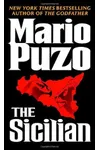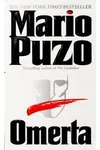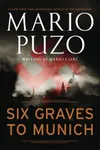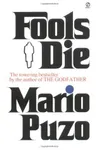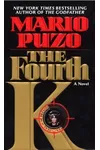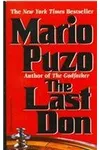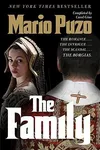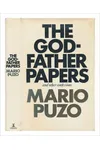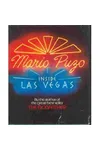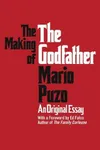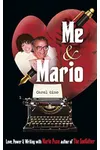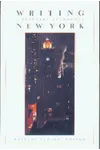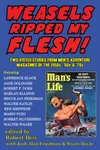Picture an Italian-American storyteller who turned the gritty underworld of the Mafia into a cultural phenomenon—meet Mario Puzo! Born in 1920 in New York City’s Hell’s Kitchen, Puzo spun tales that gripped readers and reshaped crime fiction. His masterpiece, The Godfather, didn’t just top bestseller lists; it became a cinematic legend, earning him two Academy Awards and a lasting legacy.
From humble roots to literary stardom, Puzo’s journey is as compelling as his novels. Let’s dive into the life, works, and impact of this iconic author whose stories still resonate today.
The Making of Mario Puzo
Mario Puzo grew up in the tough streets of Hell’s Kitchen, the son of Italian immigrants. Surrounded by the vibrancy and struggles of his neighborhood, he developed a keen eye for human nature. After serving in World War II, Puzo studied at the New School for Social Research and Columbia University, fueling his love for storytelling. He started as a freelance writer, penning pulp fiction and magazine pieces, but his big break was years away.
Financial struggles marked his early career. Puzo once admitted he wrote The Godfather to pay off debts, not expecting it to become a cultural touchstone. His persistence and raw talent set the stage for his rise.
Mario Puzo’s Unforgettable Stories
Puzo’s breakthrough came with The Godfather (1969), a novel that vividly portrayed the Corleone family’s Mafia empire. Its blend of loyalty, power, and betrayal captivated readers, selling over 21 million copies. The book’s success led to Francis Ford Coppola’s iconic film trilogy, with Puzo co-writing the screenplays for all three, earning Oscars for Best Adapted Screenplay for the first two.
Before The Godfather, Puzo wrote The Dark Arena (1955), a somber tale of a soldier’s post-war struggles, and The Fortunate Pilgrim (1965), a heartfelt story of an Italian immigrant family. Both showcased his knack for rich characters and emotional depth. Later, The Sicilian (1984) expanded the Godfather universe, while The Last Don (1996) explored a new crime dynasty. Puzo’s style—gritty, cinematic, and deeply human—made every story feel like a front-row seat to a hidden world.
His themes of family, power, and morality resonated universally. Puzo didn’t glamorize the Mafia; he humanized it, showing the cost of ambition and loyalty through unforgettable characters like Michael Corleone.
Why Mario Puzo Matters
Mario Puzo redefined crime fiction, blending literary depth with mass appeal. The Godfather not only shaped pop culture—spawning films, TV shows, and even video games—but also influenced how we view organized crime. His work gave Italian-American stories a global stage, celebrating their resilience and complexity. Puzo’s ability to craft morally complex characters inspired authors like John Grisham and filmmakers like Martin Scorsese.
Even today, Puzo’s stories endure, with The Godfather quoted in everyday life (“Leave the gun, take the cannoli”). His legacy lies in showing that great storytelling can transcend genre, turning a niche tale into a universal saga.
- Born: October 15, 1920, New York City
- Key Works: The Godfather, The Sicilian, The Fortunate Pilgrim
- Awards: Two Academy Awards for Best Adapted Screenplay (The Godfather, The Godfather Part II)
- Died: July 2, 1999
Ready to step into Puzo’s world? Grab The Godfather and lose yourself in his thrilling, heartfelt crime saga!

